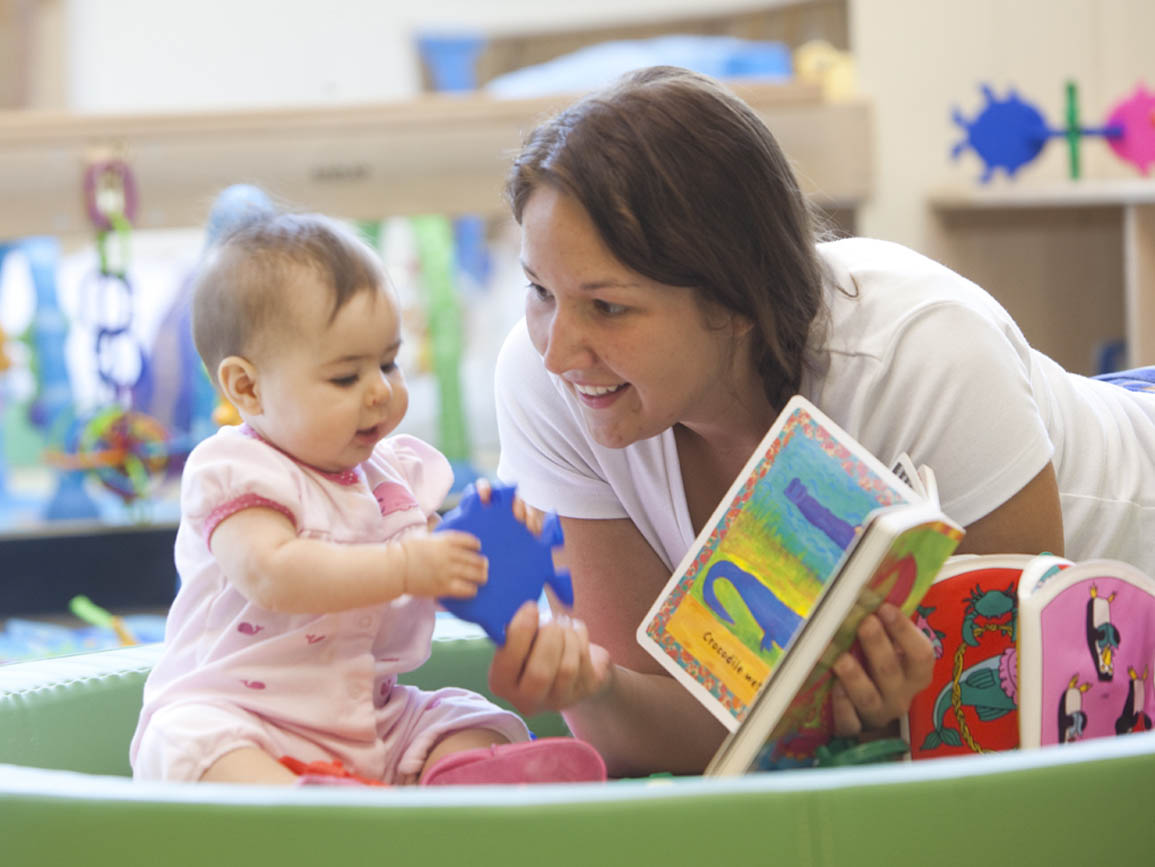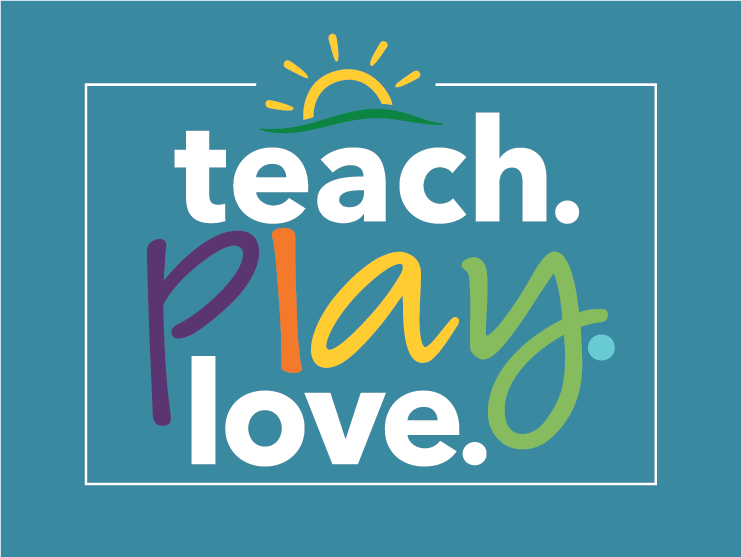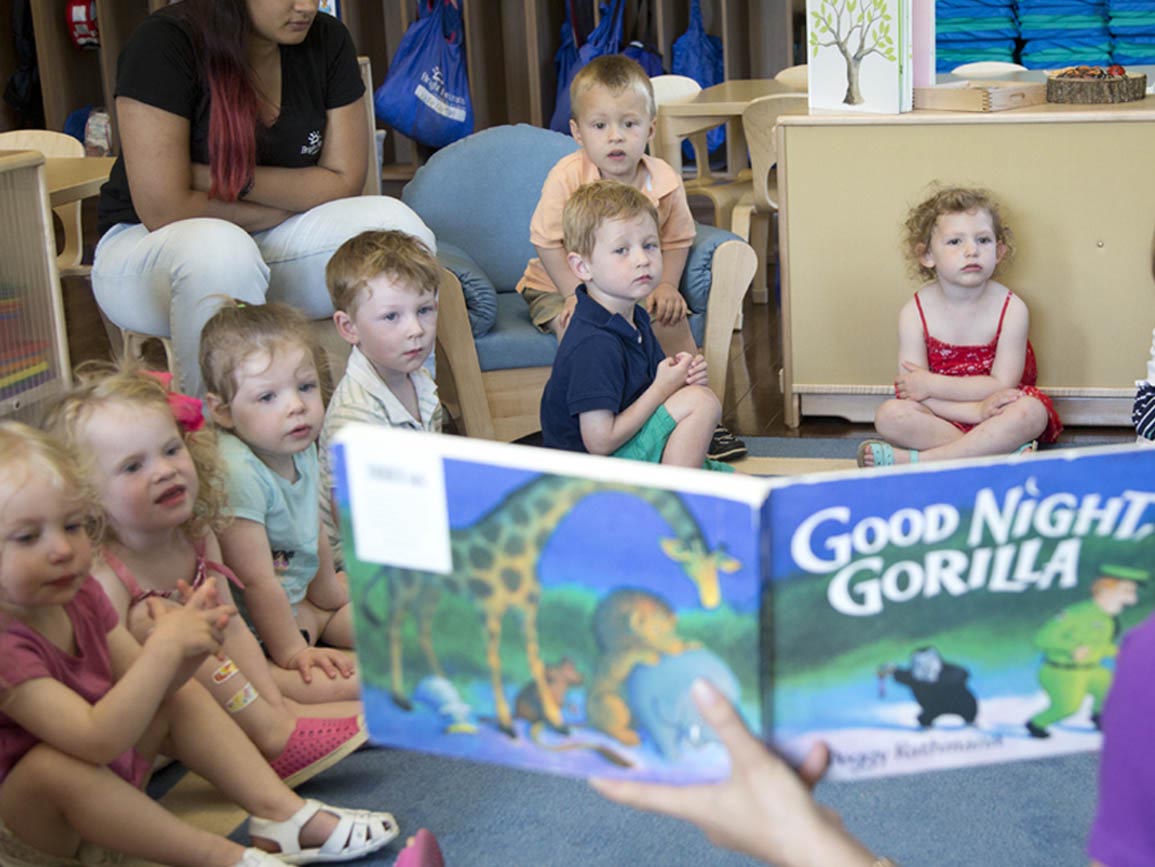In the early childhood years, children develop a core personality and sense of themselves. Emotional development is one of the biggest, and most subtle, areas of growth in the first five years.
Emotional intelligence is made up of the following:
- Knowing one's emotions. Self-awareness, or the ability to recognize a feeling as it happens, is the cornerstone of emotional intelligence. Being aware of our moods, thoughts, and feelings about our moods is necessary to manage emotions.
- Managing emotions. Managing feelings so that they lead to appropriate behavior is a critical ability that builds on self-awareness.
- Motivating oneself. The passion to fulfill one’s own inner goals and needs. Individuals who are proficient in motivation set goals, have a high need for achievement and are always seeking ways to do better. Believing that you possess the will and the way to master events is a critical predictor of success in school and life.
- Recognizing emotion in others. Empathy builds on self-awareness and applies it to others. It is a fundamental skill that is essential to successful interpersonal interactions.
- Handling relationships. The art of relationships is, in large part, measured by how well we can manage the emotions of others, and how well we are able to recognize and respond to those emotions with appropriate behavior.
Your Child’s Emotional Intelligence Quotient (EQ)
How can we help our children optimize their emotional intelligence? We can try our best as parents to optimize their EQ by modeling our own emotional intelligence in our behavior and our interactions with our children.
The following are ways parents can help foster a high EQ:
- Pay attention to their children’s feelings and help them understand and articulate those feelings. Label, label, label! Labeling your emotions, the emotions of your child and the emotions of others allows your child to begin building their emotional vocabulary from a young age.
- Help children recognize and understand the feelings of others. This can happen organically in your day-to-day interactions, and through high-quality children’s literature. Reading books with diverse characters provides an opportunity to connect your child’s understanding of emotions with the characters in the story.
- Set goals for children and helping children set their own goals as they grow more mature.
- Help their children develop an optimistic view of life.
- Provide boundaries, limits, and direction so children can become responsible members of a community.
- Support the development of the competence, confidence, and persistence necessary to succeed at tasks by gently coaching, mentoring, and providing challenges and opportunities for manageable risk. This is usually the most effective strategy for helping children. Ignoring feelings as something to get over, a laissez faire approach that accepts all sorts of reactions, or a negative reaction to children’s emotional responses won’t help children develop the sense of self and skills they need to succeed.
Early Care and Education and Emotional Intelligence
Early care and education programs that set high expectations, provide plenty of social interactions with children and adults, offer opportunities for making choices and taking responsibility, and recruit teachers who recognize and appreciate each child’s unique sensibility and learning styles support the development of emotional intelligence. Programs that seem to focus on training children or filling them with information or by intent or result appear to spend more time managing children then mentoring them, do little to cultivate emotional intelligence.
Final Thoughts
There is a lot of current literature available on the concept of an EQ. Parents should be selective and look for books that are based on reliable research. A driven engineering approach to “raising your child’s EQ” is probably counter-productive. The best advice for parents might be to spend less time focusing on what our children will be and more time enjoying and supporting our children in the here and now with optimism, high (but realistic) expectations, and gentle coaching to succeed.
For more on emotional intelligence:
- "Emotional Intelligence" by Daniel Goleman
- "Emotional Intelligence: Science and Myth" by Gerald Matthews, Moshe Zeidner, and Richard Roberts
- "Raising an Emotionally Intelligent Child" by John Gottman, Joan Declaire, and Daniel Goleman
- "Tiny Humans, Big Emotions” by Alyssa Blask Campbell and Lauren Stauble





